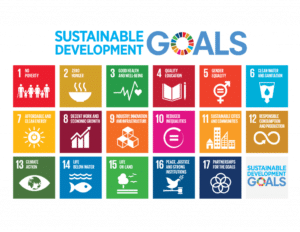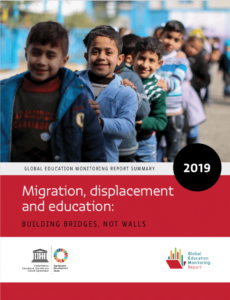Sustainable Development Goal 4 is all about education. Under the goal, there are seven targets, ranging from providing equitable access to education worldwide to making sure students have relevant skills for the future. The most revolutionary yet incredibly complex indicator is 4.7.
My guest today, Aaron Benavot, takes us through the history of target 4.7. How did the international community agree on such a revolutionary target?
Aaron warns us about the future of the target given there is no consensus on how to measure it across countries.
Aaron Benavot is a Professor in the department of educational policy and leadership at the school of education, University at Albany, State University of New York. He was previously the Director of the Global Education Monitoring report.
Citation: Benavot, Aaron, interview with Will Brehm, FreshEd, 141, podcast audio, December 24, 2018. https://www.freshedpodcast.com/benavot/
Transcript, translation, and resources: Read more
The past and future of SDG 4.7


 Today we bring you a special episode of FreshEd. With me is
Today we bring you a special episode of FreshEd. With me is